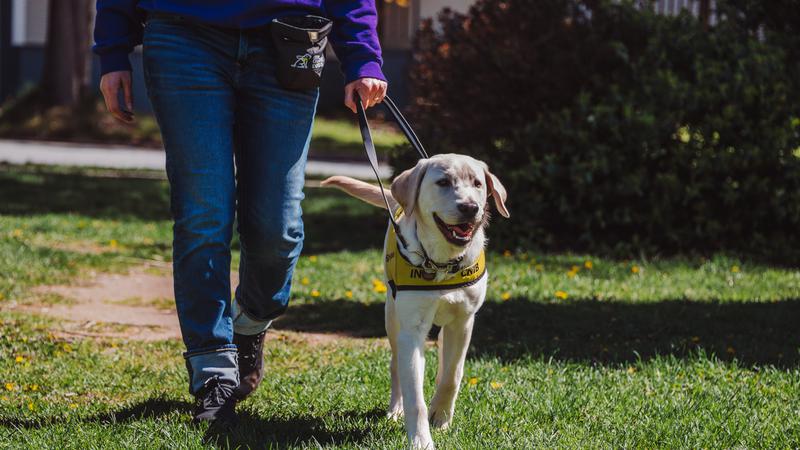
RCMP report shows violent crime spike in Sask.; premier vows action on drugs, bail reform
Premier Scott Moe says his government is doubling down on policing, bail reform and addictions recovery as violent crime continues to rise in Saskatchewan.
“We’ve been very clear about our approach when it comes to keeping our community safe,” Moe said during a media conference Wednesday.
“Working with Prime Minister Carney and other ministers in the federal government to increase the consequences, not only for repeat offenders in revamping bail reform, but increasing the consequences for individuals that are bringing this poisonous drug into our provinces.”
His comments come in response to the new 2024 RCMP statistics which show a 45 per cent increase in victims of violent crime in RCMP-patrolled areas over the past decade — from 15,160 in 2015 to 21,907 last year.


